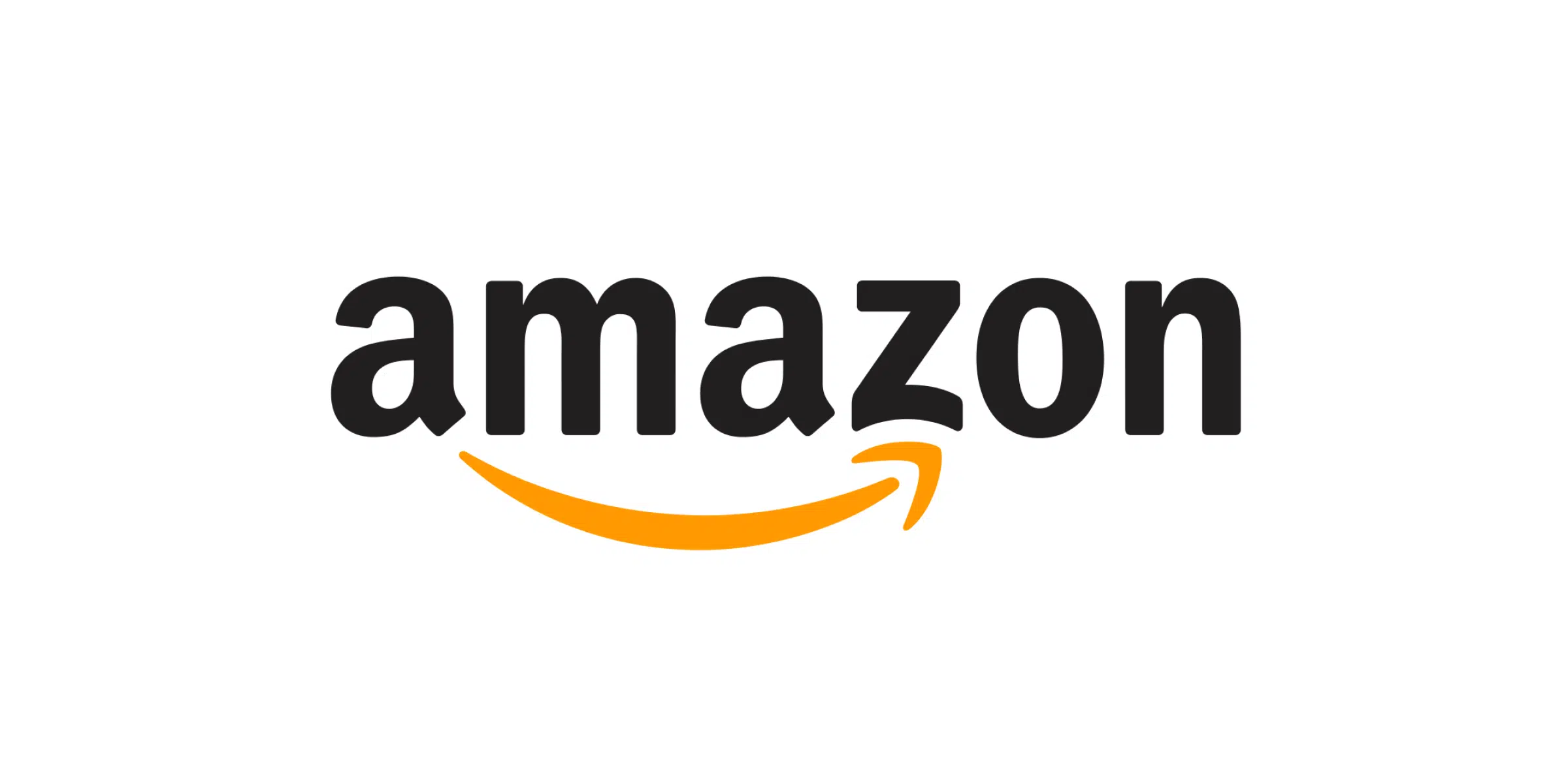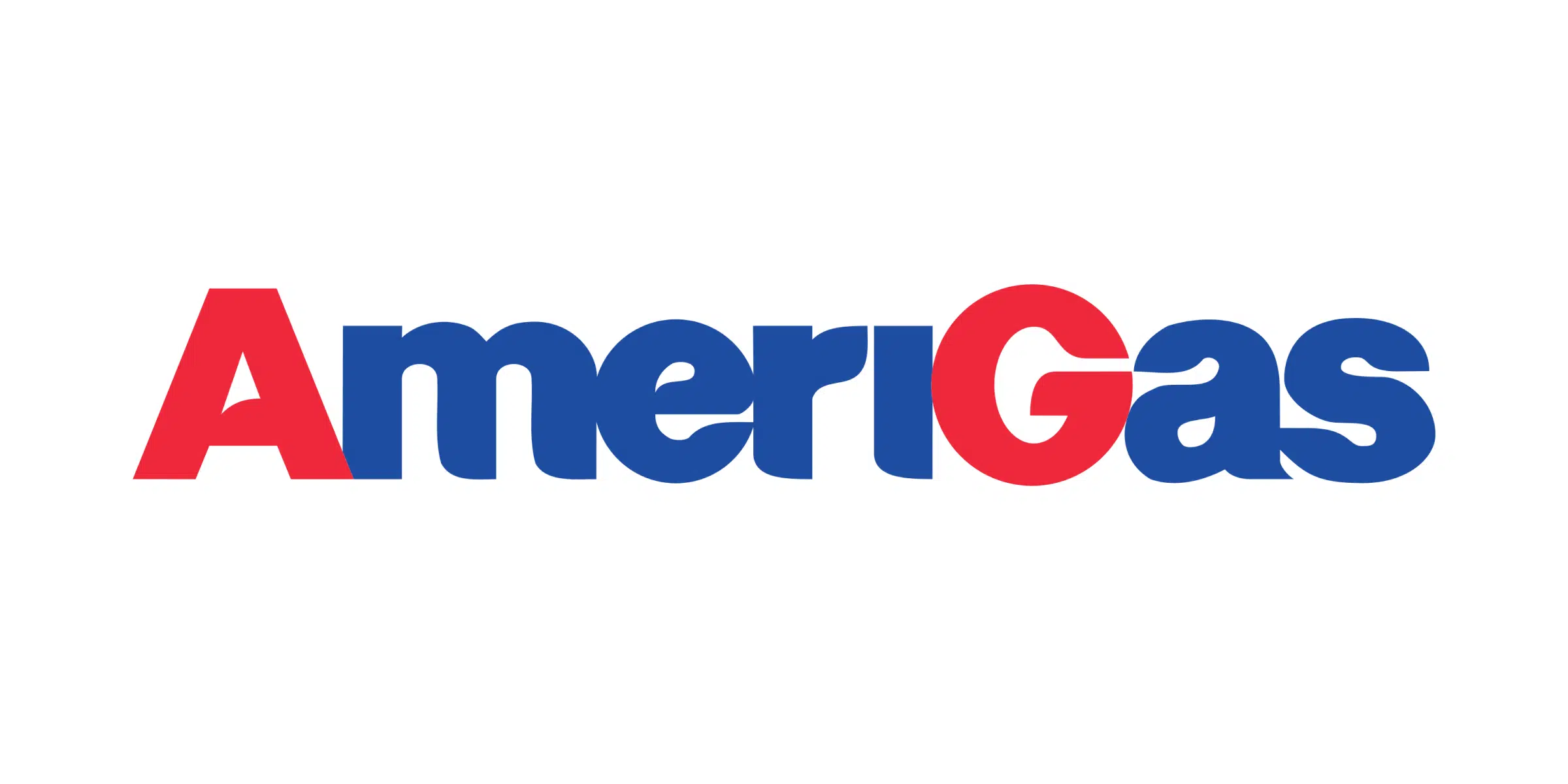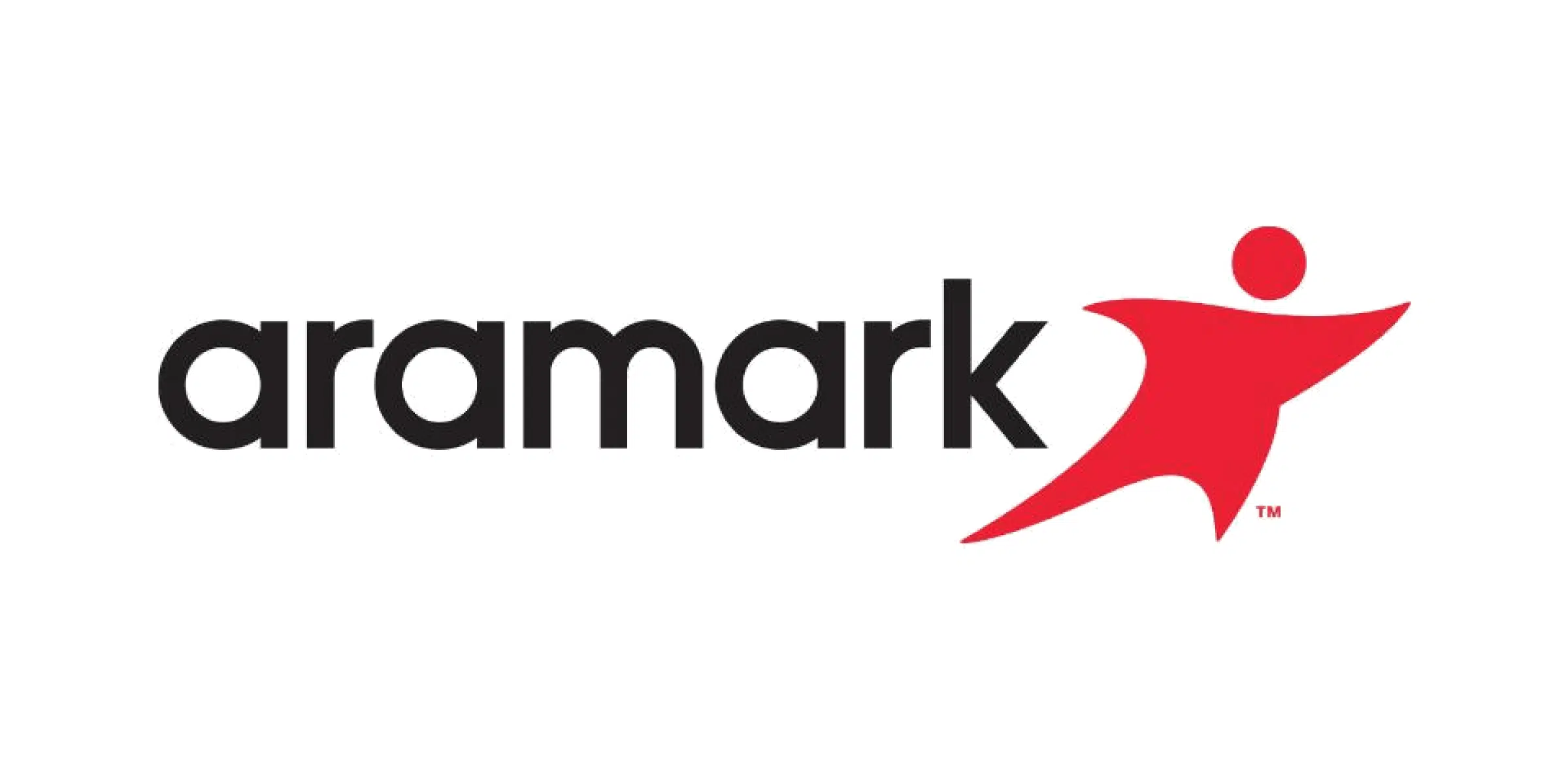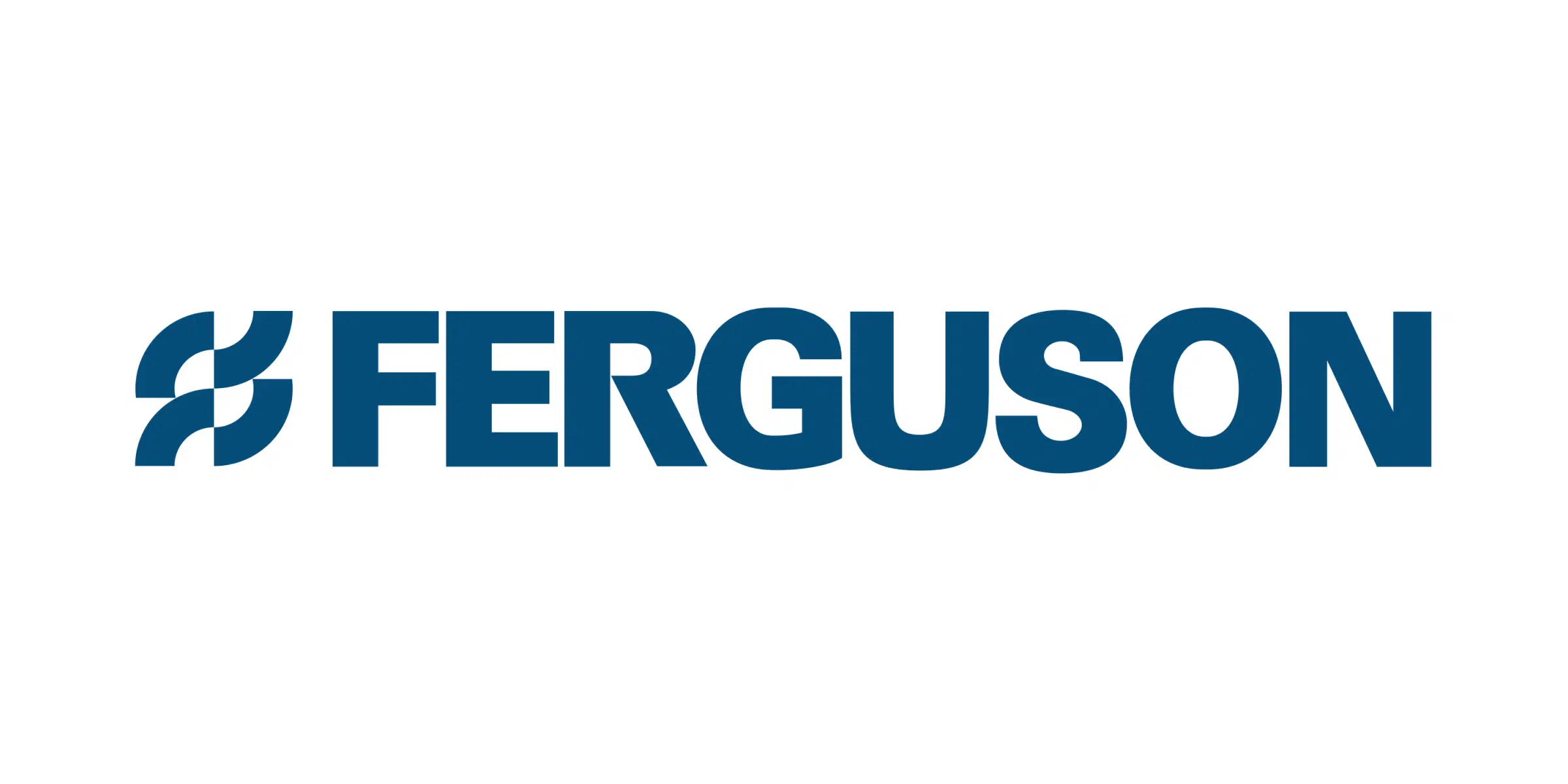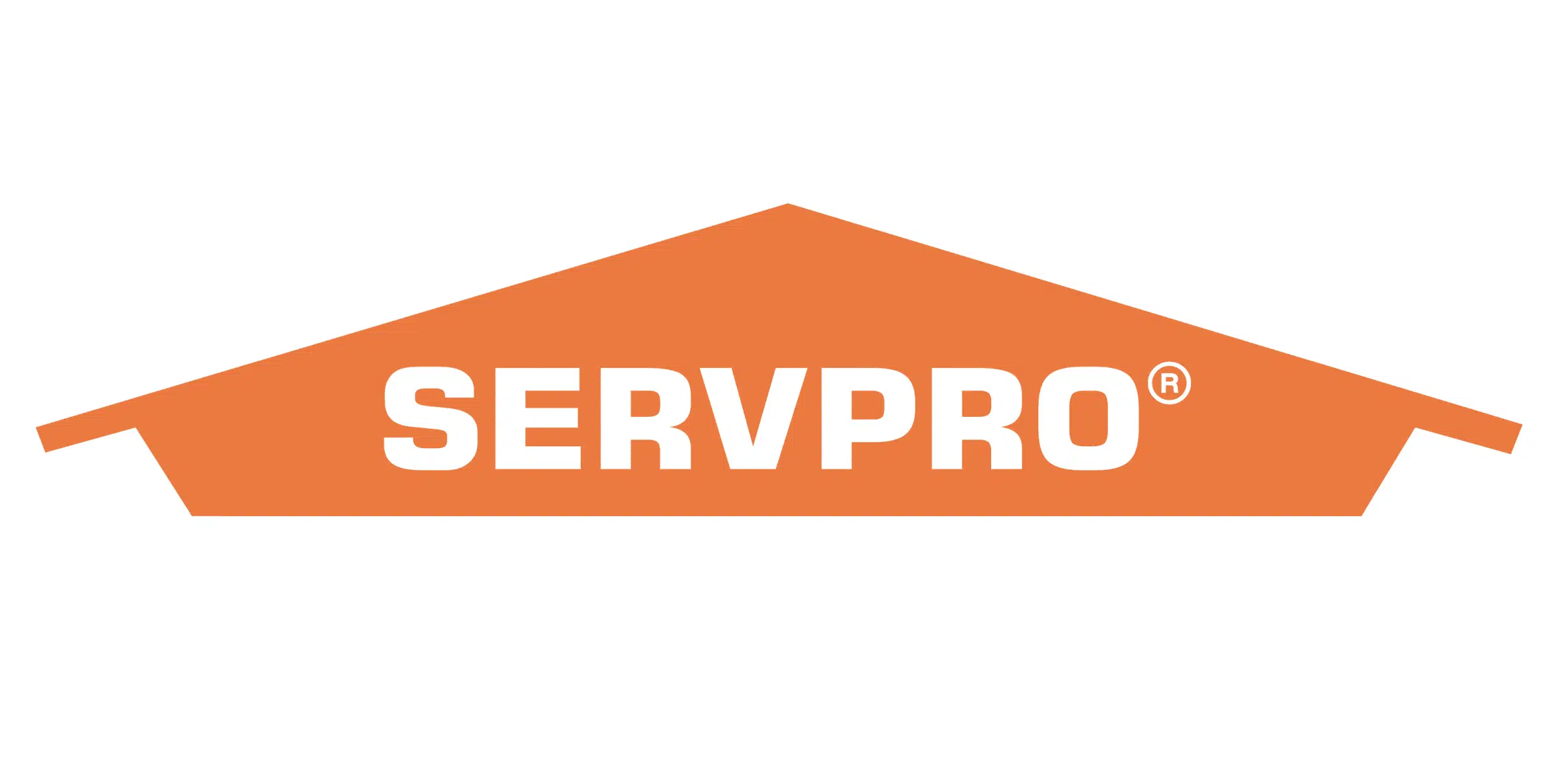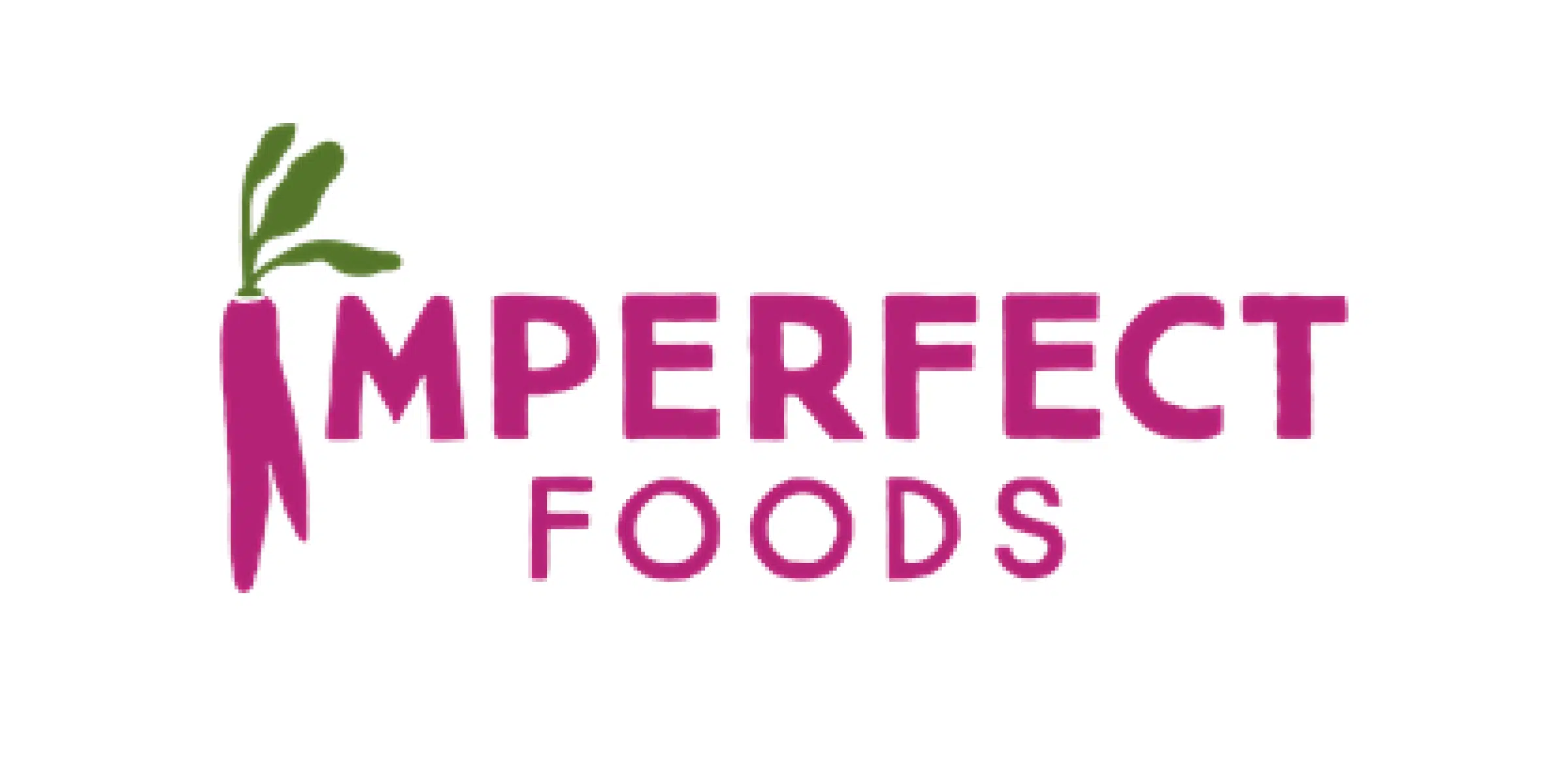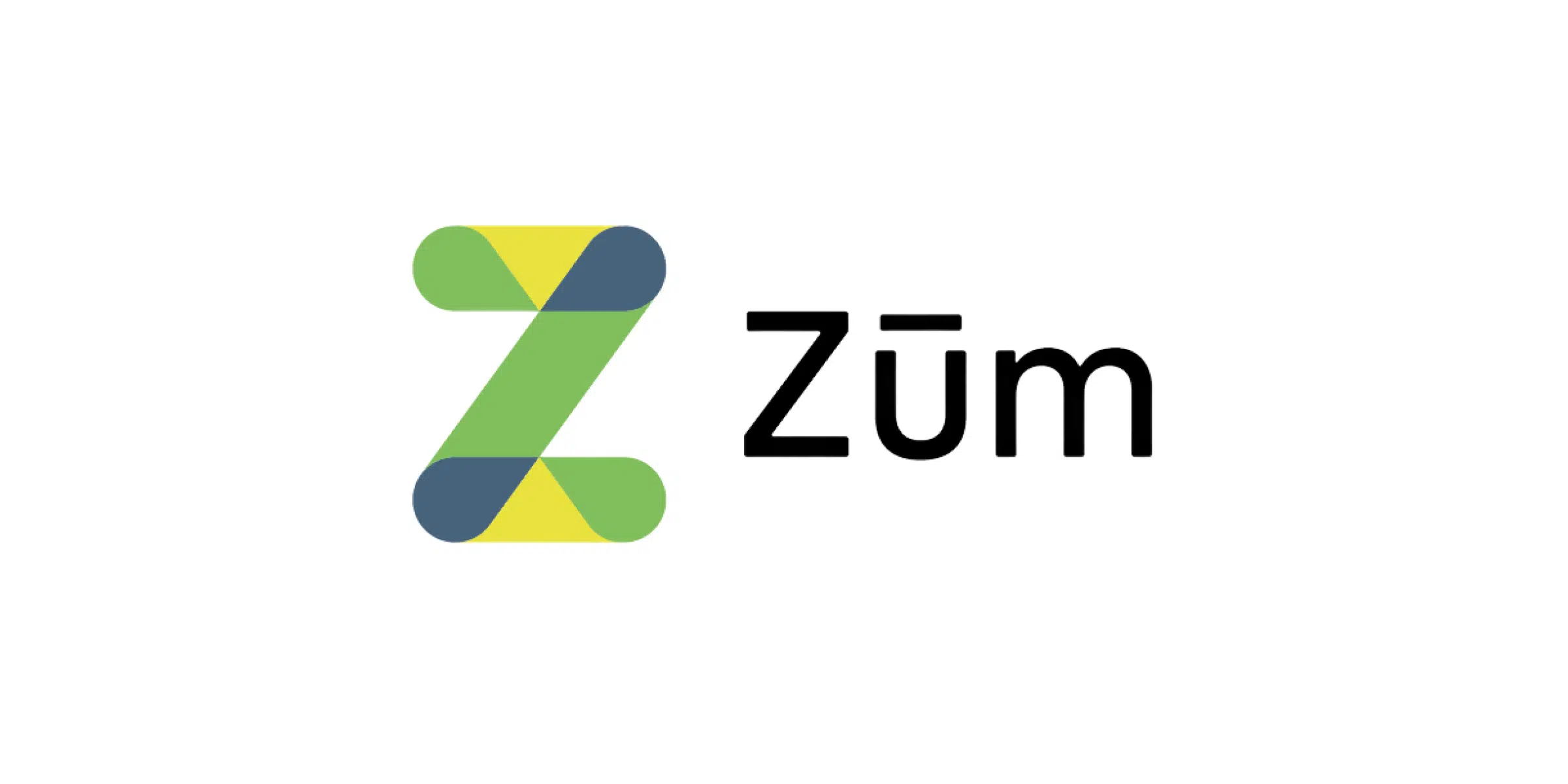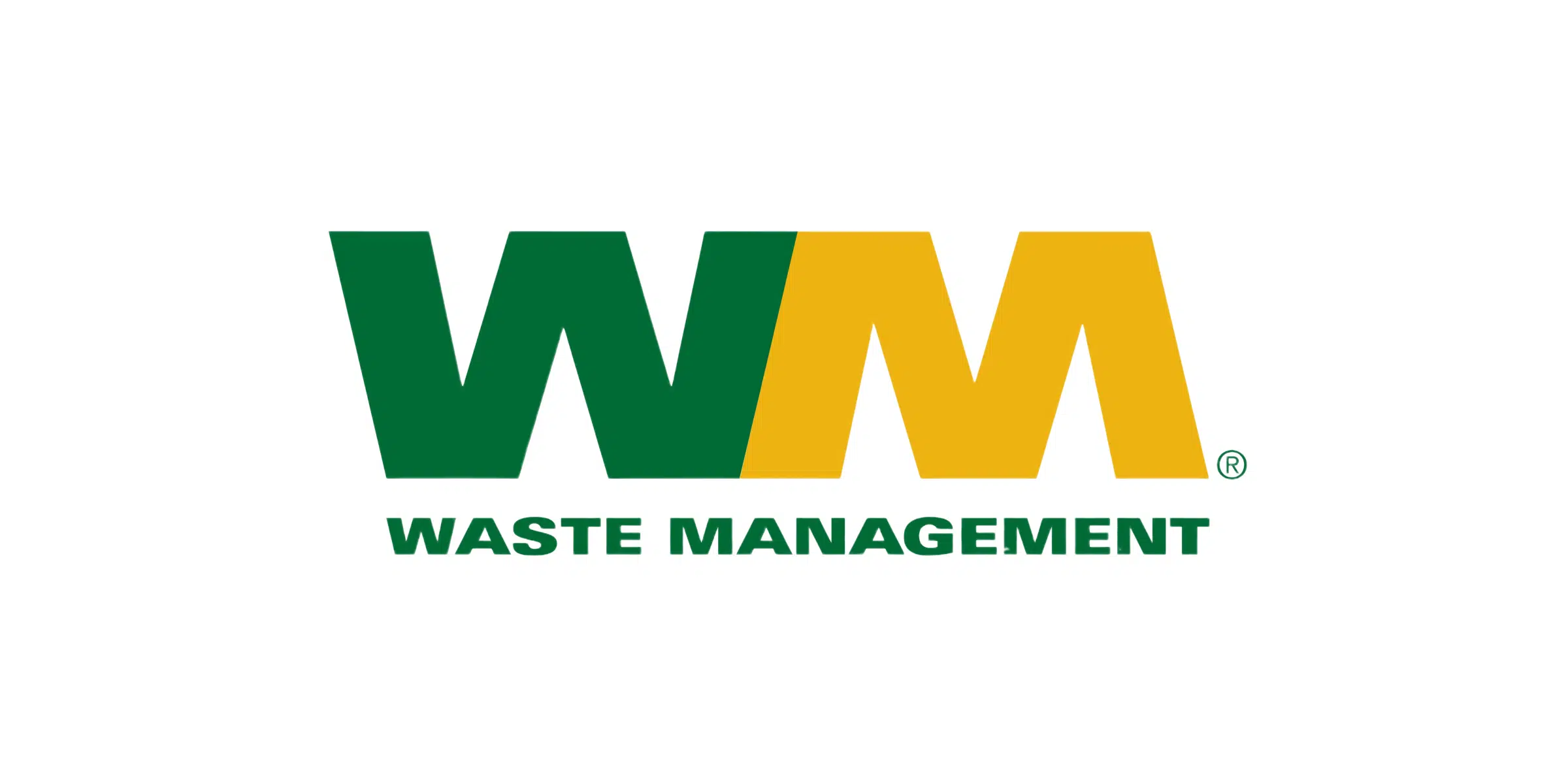The Safest Way to Fuel
Booster adheres to the highest levels of safety so you can feel confident about our fueling process, our drivers, and our tankers.
Safety is at our core
Though our mission seeks to bring sustainable fueling solutions to fleets everywhere, we recognize that true sustainability must prioritize the safety and longevity of our team members and the communities we serve.
Proactive Prevention
The safest accidents are the ones that never happen.
Our safety protocols focus on the principle of proactive prevention, guiding our team members to identify and mitigate potential hazards long before an accident can occur. With daily proactive prevention exercises, our teams stay ahead of the danger, constantly neutralizing safety threats so they cannot escalate into accidents.
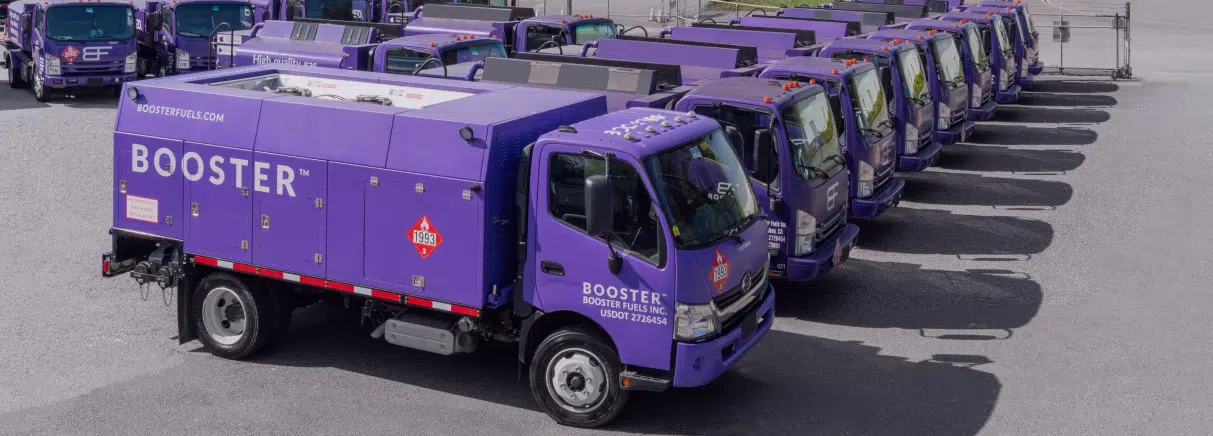
We deploy the proactive prevention mindset across our three pillars of safety — personal safety, safety compliance, and environmental safety — to create a holistic approach to keeping our team members, clients, and communities happy, healthy and safe.
There is immense responsibility that comes with handling and transporting hazardous materials such as fuels.That is why we take extra care to ensure we are always operating under the highest safety standards, and are constantly reevaluating our policies and processes.
BOOSTER’S THREE PILLARS OF SAFETY
Personal Safety
This encompasses the safety procedures which directly pertain to the safety of people — our people, your people, and the people in our communities.
-
Exceed safety expectations
All DOT, EPA, fire and air quality requirements for transporting, storage, and dispensing of fuel safely.
-
Adherence to highest requirements
Fully compliant with NFPA 30A, FMCSA, and the International Fire Code.
-
End-to-end insurance
Comprehensive commercial auto and pollution insurance with $10 million in liability coverage.
-
Proprietary Tankers
Our delivery vehicles are the safest in service with multiple patents and awards. Every vehicle is equipped with an automatic shutoff nozzle, 30-gallon fuel-limit switch, and is overturn spill protection certified (NFPA 385).
-
Everyone involved protocols
At the beginning of each shift, our service professionals and supervisors work together to analyze our yards and conditions to identify potential hazards, like ground conditions or maintenance lapses.
-
Reduce hazardous incidents
At the beginning of each shift, our service professionals and supervisors work together to analyze our yards and conditions to identify potential hazards, like ground conditions or maintenance lapses.
-
Supervisor Safety Audits
On a regular basis, our supervisors go into the field and perform audits analyzing the implementation and efficacy of our safety protocols, including the Perfect Boost.As a part of the onboarding process for new clients, supervisors conduct preliminary yard inspections to identify hazards ahead of time, working with service professionals to develop proactive prevention strategies.
Safety Compliance
We exceed compliance standards and have set the bar across many states and governing municipalities. Our policy and safety teams are constantly keeping up with fueling and safety standards to ensure we remain compliant at all times.
-
CARB Executive Order
Validation through policy executive order of Booster’s high standards for emissions reduction as the benchmark for the industry.
-
New Driver Training
Booster is a registered DOT training provider.Our Commercial Drivers License (CDL) Training exceeds the requirements set forth by the DOT and FMCSA.
-
National Fire Protection Association (NFPA) requirements under NFPA-30A
Meets all requirements of the NFPA Flammable and Combustible Liquids Code.
-
Federal Motor Carrier Safety Administration (FMCSA) and International Fire Code (IFC)
Meets all requirements for on-demand mobile fueling.
-
Advanced National Institute of Standards and Technology (NIST) certified
Meets federal DOT, EPA, Weights & Measures, and Air Resources standards.
-
Perform Routine Safety Inspections
Daily pre- and post-trip inspection for any day that the trucks are driven 78-point inspection every 30 days. 85-point “Basic Inspection of Terminal” inspection every 90 days which includes brakes, steering, suspension, tires, and wheels. Annual multi-level third party DOT inspection.
Environmental Safety
We take seriously our responsibility to the planet and the people inhabiting it to handle fuels with extreme care. Many of the same protocols we have in place to keep our employees and communities safe are also designed to protect the environment.
Booster has worked with all levels of government and regulators to design the safest, cleanest, and most environmentally sustainable delivery of traditional and alternative fuels.
-
Perfect Boost spill prevention
Three-stage Perfect Boost spill prevention protocol with a zero-drip policy based on fire hazmat safety measures. Fuel spillage is known to contribute to ground, water and air pollution. According to a study by Columbia University, mobile fueling results in significantly less spillage compared to traditional fueling.
-
On-board Vapor Recovery (ORVR)
Technology enabled compliance to all ORVR standards.
-
Eco-Nozzle
Reduces vapor emissions for every Boost, with technology powered ORVR compliance, standard on every tanker.
-
Fusion-welded, pressure-tested tanks
Our tanks offer thermal protection sufficient to resist a pool fire for 100 minutes or a torch fire for 30 minutes (49 CFR 179.100-3, 179.100-18 & 179.18).
-
Features impact guards
Meets Federal Motor Vehicle Safety Standard No. 223 requirements (49 CFR 571.223).
-
Eliminates USTs from fueling process
Underground storage tanks (USTs) are known to leach hazardous chemicals into their surrounding environments as they age and deteriorate. At Booster, we never use USTs, and we eliminate your need for them by bringing fuel to you, significantly lowering the risk of pollution.
-
Significantly Lowers Emissions
Our mobile fueling service reduces carbon emissions by causing fewer miles driven to and from the gas station. For a diesel fleet of 15 vehicles, mobile fueling by Booster lowers CO2 emissions by an average of 8,811 lbs annually.
